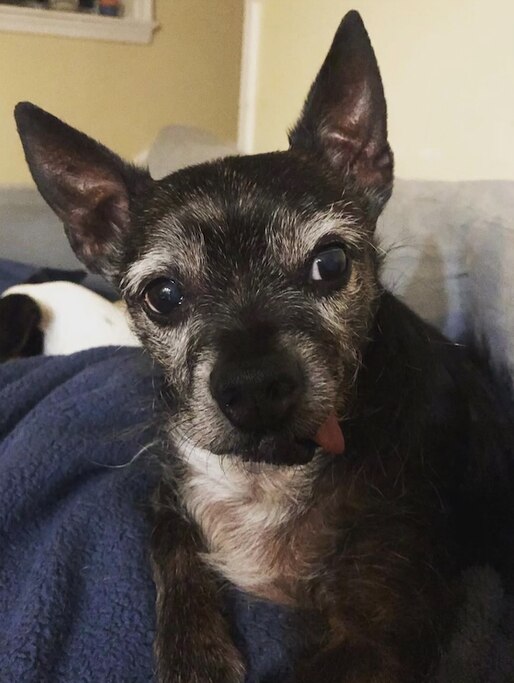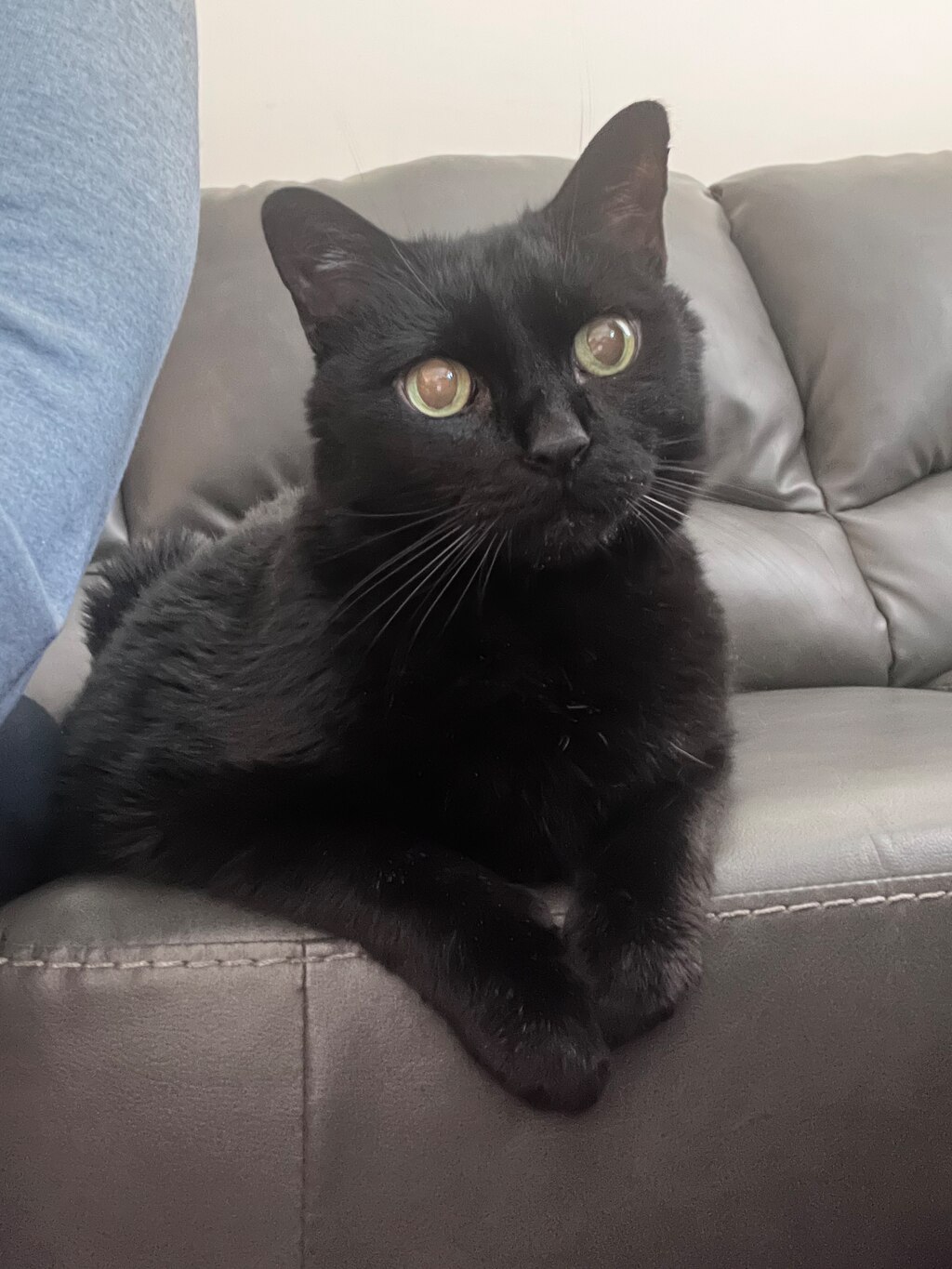Zoey Robinson-Budreski is used to dealing with death.
She operates two crematory businesses — one for humans and one for pets. She can fix sadness. She can comfort people.
But she can’t fix the pain, confusion and sense of betrayal that some are feeling after news broke last month of dead pets being found on the side of the road near Catonsville.
At least 60 people were given what they believed to be their pets’ cremated remains, said Robinson-Budreski, who has been working with owners to identify animals and have them properly cremated. In some cases, she must determine whether the material in their possession is, in fact, actual remains.
The Baltimore Banner thanks its sponsors. Become one.
“I can’t help all these people who don’t know where their pets are,” said Robinson-Budreski, with some discovering they were given sand, concrete or other material. “I can’t fix it. I can’t bring their pet back.”
Police are investigating a Catonsville business, Loving Care Pet Cremations, for “theft by deception” over allegations of “improper disposal” of animal remains.
A Baltimore County Police Department spokesperson said officials could not share details of the investigation.
Loving Care Pet Cremations’ owner, Rodney Ward, could not be reached for comment. Ward told The Washington Post in early April that he usually does cremations himself, but contracted with another company earlier this year. He did not name the other company.
Eight animals who were supposed to be cremated were found on the side of the road near the city line, and another 38 were found — decomposing — in a hearse on the owner of Loving Care’s property, Robinson-Budreski said.
The Baltimore Banner thanks its sponsors. Become one.
In some cases, bags of “remains” from Loving Care Pet Cremations have been found to have wires, screws or other debris. Robinson-Budreski said she’s examined falsified remains from as far back as March 2024.
Robinson-Budreski is preparing to host a vigil at her business, Charm City Pet Crematory, on Saturday. It will memorialize the 60-plus pets whose remains weren’t treated properly, she said.
She’s also been working with a pet parent, Nikki Pickens, to run a Facebook group for others who have been caught up in the mess. The victims are grieving together, sharing information and trying to find other people who may have fake remains.
Red flag
Norby, a black cat, was 13 years old and had started walking into the wall and losing weight. After he died on Feb. 7, Pickens said, she called Loving Care Pet Cremations, and Ward picked Norby up that day.
The next day, what they believed to be Norby’s ashes were returned.
The Baltimore Banner thanks its sponsors. Become one.
Eric and Gail Cook had a similar story. Their dog Raven died on March 23, and Ward came back the next day with her alleged remains in a shadow box with her picture on it.
And when Vickie Sneed’s dog, Ed, died in the early morning hours on Jan. 27, Ward was back with his remains the next morning.
All of those stories are filled with one gigantic red flag, Robinson-Budreski said. There’s no way to operate a crematory that fast.
Cremation units, which are regulated by the Maryland Department of the Environment, have to reach 1,750 degrees Fahrenheit, she said, which only takes a few minutes. But the work before that, the taking of paw prints, nose prints or locks of hair for memorials requires time to do carefully.
That’s not to mention the two hours — at minimum — that a unit takes to cool down before remains can be handled safely.
The Baltimore Banner thanks its sponsors. Become one.

The total turnaround time to properly cremate and memorialize a pet is 48-72 hours, Robinson-Budreski said.
“Being able to turn around pets in 12 hours? There’s no way,” she said.
The owners of Norby, Raven and Ed — and other pet owners — said they eventually discovered they didn’t have their pets’ remains.
Sneed said she’s had to grieve Ed at least three times.
First when he died, again when Robinson-Budreski examined his “remains” and identified them as fake, and a third time when animal control officials said they found Ed’s body.
The Baltimore Banner thanks its sponsors. Become one.
“I was so grateful they found him … but it kick-started the grief process all over again," she said. “I’m so grateful he’s finally home with me.”
Coming together and looking ahead

Knowing that their pets were mistreated has been a source of grief and anger, according to the half-dozen pet owners who spoke with The Banner, and to countless comments in the Facebook group. The feelings have been even more complex for those who don’t know what happened to their pet.
Pickens doesn’t know where Norby is.
As she’s spent time chasing leads, Pickens is also searching for people who left online reviews for Loving Care to let them know they may have been deceived.
“I don’t want them to be left in the dark, because that’s not fair,” Pickens said. “We all deserve justice.”
The Baltimore Banner thanks its sponsors. Become one.
But the connections formed between people in a Facebook group — called “Norby and Friends” — have been a source of comfort. Many of the group are coming together for the vigil on Saturday.
It’s being held at a new pet loss center and funeral home that Robinson-Budreski is opening, just up the street from Charm City Pet Crematory‘s existing space. She wants to host dedicated monthly support groups at the new building for people who have lost their pets.
More than that, Robinson-Budreski said, she wants to get legislation introduced in Annapolis next year to better regulate pet cremation.
Right now, there’s no oversight of the actual process or handling of pets, she said. The pet cremation industry is small, but Robinson-Budreski said she wants protections in place so something like this doesn’t happen again.
“Things have got to change,” she said. “As a business owner, I don’t want more laws put on me. But as a human, as a lover of pets, I do.”




Comments
Welcome to The Banner's subscriber-only commenting community. Please review our community guidelines.